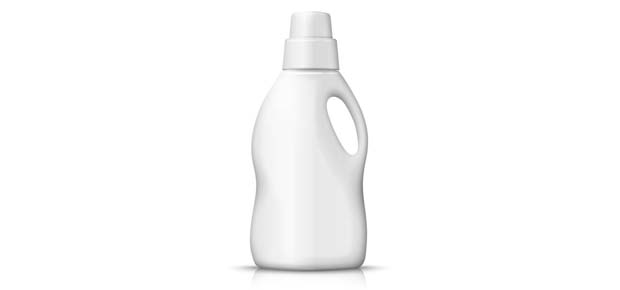Sun destroys and damages hair by breaking down the bonds, which keep its structure intact and so they need to be protected from the sun. The energy from sunrays destroys the interior of hair, which ultimately results in color fading with sun exposure.
Sunscreen conditioners are best bet for people who are susceptible of long exposure to sunrays. The sun screens' ability of a hair conditioner increases if its included in a leave-in product, which is not rinsed off. The ingredients of a sunscreen are removed or degrade with the application of heat from a blow dryer, flat iron or curling iron. Even brushing the hair can degrade and remove the sunscreen from the hair shaft.
In an attempt to convince consumers that hair conditioners can really protect the hair from, companies are now including a SPF number (Sun Protection Factor) on their conditioner products. The Sun Protection Factor a product refers to the duration of time for which you can safely remain in sun. Sunscreen ingredients of a hair conditioner can protect hair from damage, however in very controlled conditions.

Heat Waves Affecting Hair
Three are three types of heat waves that can damage the hair in a variety
of ways and these are -
These rays can cause permanent damage to the outside covering of hair (cuticle) and can penetrate into the center of hair (cortex) and do damage.
Types of Hair Protection Filters used in Hair Conditioners
There are two types of sun protection filters that are used in hair
conditioners to protect the hair from UVA and UVB damage. These filters can
be either physical or chemical filters -
Physical Filters
Physical filters stick to the surface of hair and reflect (and not absorb)
ultraviolet rays. Some common examples of physical filters used in
sunscreens are titanium dioxide and zinc oxide. These filters repel
radiation at all wavelengths, which is necessary as the burning and damaging
involves the interaction of all wavelengths at different degrees.
Formulation of Conditioners for Sun Protection
Hair conditioners are formulated in a different way to interact with the
cuticle of hair that is the outer layer. Most of the conditioners for sun
protection are formulated using sun filters, which work better than other
hair care products because of their design. These conditioners are generally
leave-in, which are designed to penetrate or settle down into the cuticle
layer. In other words, we can say that these conditioners soak into the tiny
little overlapping scales.
Benefits
Some important benefits of regular use of a hair conditioner include -
Do Hair Conditioners with Actual SPF Formula Work to Protect the
Hair?
Yes, hair conditioners with actual SPF formulas have been protect to
protect the hair from UVA and UVB damage. However it is important to
remember that all sunscreen hair care products are not the same.
Remember - If a hair conditioner says that it has sun protection but does not list an actual SPF, there is a possibility that it does not have a sun screen protection and could be a marketing ploy. So it is very important to carefully read the label and ingredients to understand what you are buying.
Amount of Sun Exposure the Hair can have?
Hair conditioners with listed SPF factors are formulated to penetrate the
hair cuticle and will serve you efficiently well in regular short periods of
exposure to sun. However if you are going to the beach or will be out in the
sun for an extended period of time, it is best for you to supplement your
sun protection product with a full blown SPF product or a specifically
designed product for heavy or prolonged exposure to sun.

If you have decided to make soap at home, you will need soap making supplies in the form of raw materials, soap making equipment & tools ...
Read More
Someone has rightly said that clothes are not just clothes. They form an integral part of a person's personality and tell a lot about their nature and...
Read MoreCleansing products play an important role in the daily lives of people.
Both soaps and detergents are cleansing products that we frequently use in our
Soap is designed as a product to be used once and then flushed down the drain...